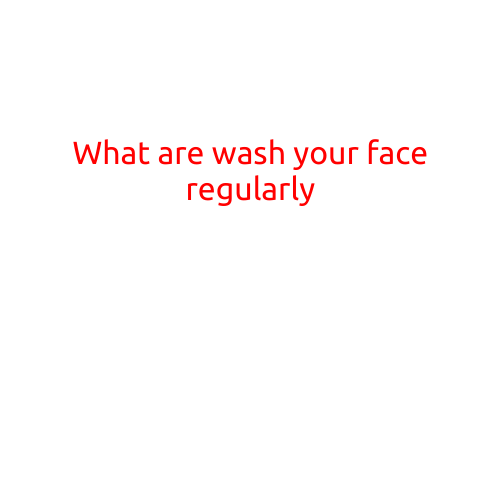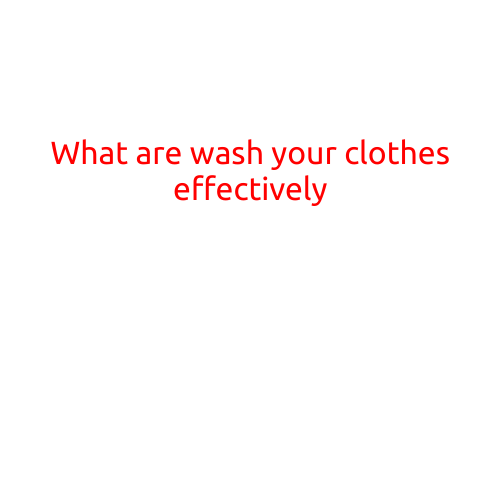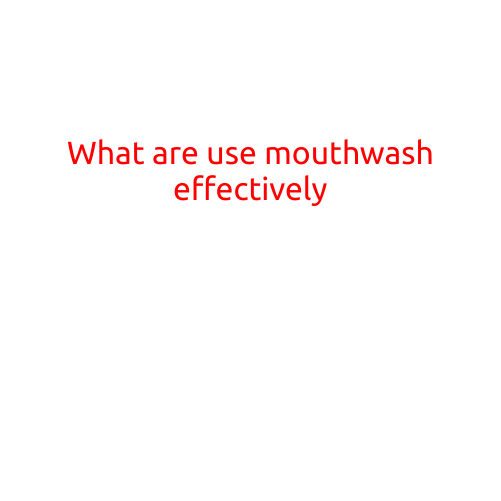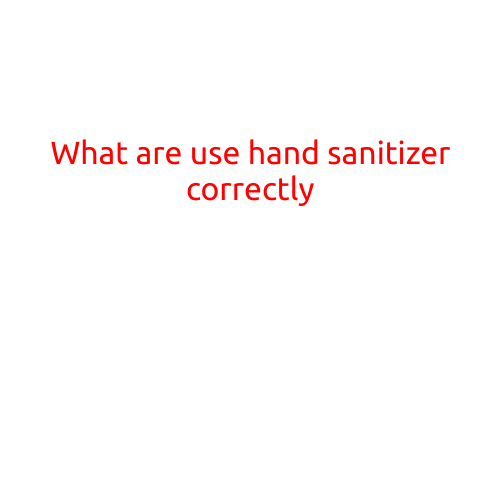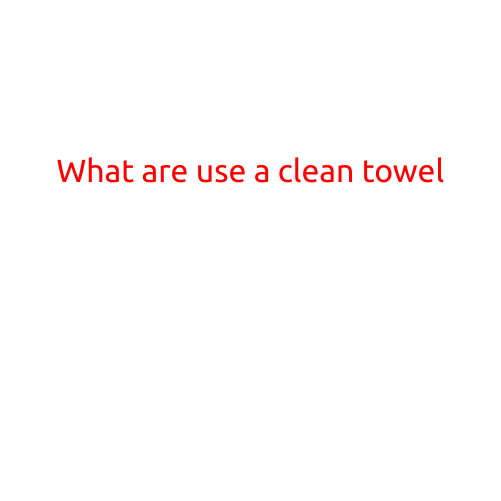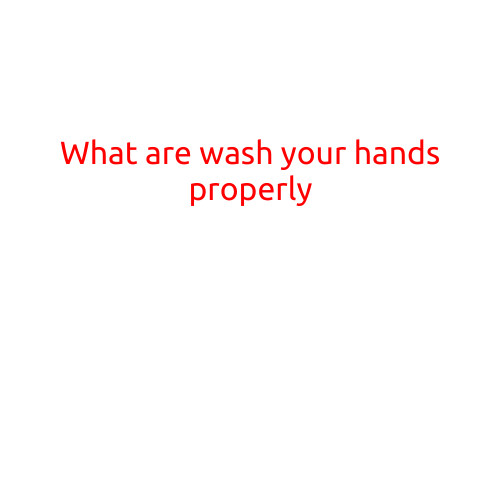
What are wash your hands properly
Maintaining good hygiene is one of the most effective ways to prevent the spread of illnesses and infections. Washing your hands regularly is an essential part of this process, and doing it properly is crucial to ensure that your hands are effectively clean. In this article, we will explore the importance of washing your hands correctly and provide you with some tips to help you do it right.
Why Hand Washing is Important
Hand washing is one of the most effective ways to prevent the spread of illnesses and infections. Here are some of the reasons why:
- Prevents the spread of germs: Hands can pick up germs and viruses easily, and when we touch our faces, mouths, and other people, we can spread these germs to others.
- Reduces the risk of infection: Washing your hands regularly can reduce the risk of infection by removing dirt, germs, and other microorganisms that can cause illness.
- Prevents the spread of diseases: Hand washing can prevent the spread of diseases such as the common cold, flu, and diarrhea.
How to Wash Your Hands Properly
Washing your hands correctly is not a complicated process, but it requires some attention to detail. Here are the steps to follow:
- Wet your hands: Start by wetting your hands under warm running water.
- Apply soap: Apply enough soap to cover your hands, making sure to get soap on your palms, backs of your hands, wrists, and between your fingers.
- Rub your hands together: Rub your hands together to create a lather and work the soap into a rich, creamy foam.
- Pay attention to high-touch areas: Make sure to pay attention to high-touch areas such as the backs of your hands, wrists, and between your fingers.
- Scrub for 20 seconds: Scrub your hands for at least 20 seconds, as this is the recommended length of time needed to remove dirt, germs, and other microorganisms.
- Rinse thoroughly: Rinse your hands thoroughly with warm running water to remove all soap residue.
- Dry your hands: Dry your hands completely with a clean towel or air dryer to prevent the growth of new germs.
Additional Tips
Here are some additional tips to help you wash your hands properly:
- Use warm water: Use warm water instead of hot or cold water, as this can help to open up your pores and allow the soap to penetrate more effectively.
- Use a gentle soap: Use a gentle soap that is designed for hand washing, as harsh soaps can strip your skin of its natural oils.
- Avoid using harsh chemicals: Avoid using harsh chemicals or antibacterial soaps, as these can disrupt the natural balance of your skin and lead to dryness and irritation.
- Wash your hands regularly: Wash your hands regularly throughout the day, especially after using the bathroom, before eating, and after blowing your nose, coughing, or sneezing.
Conclusion
Washing your hands properly is an essential part of maintaining good hygiene and preventing the spread of illnesses and infections. By following the steps outlined in this article, you can ensure that your hands are effectively clean and free from germs and other microorganisms. Remember to wash your hands regularly, use warm water and gentle soap, and avoid using harsh chemicals or antibacterial soaps.
